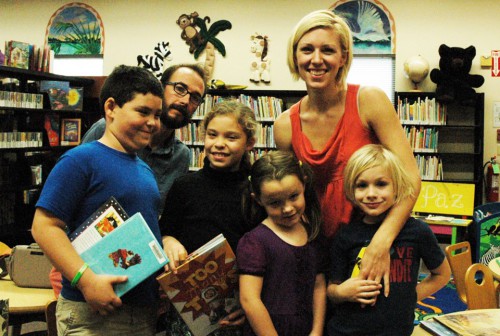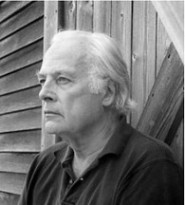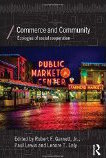A Q&A with Founder of The Soleil School
Similar to Skybridge Academy but for elementary school children, The Soleil School operates around the idea that each child is the center of the learning experience. For our series on education, Trends in Social Innovation spent a few minutes chatting with Soleil’s founder and head of school Carly Borders.
Why the name “The Soleil School”?
The name was inspired by the idea that each child is a star or sun. The classroom revolves around the student, instead of around the teacher or curriculum. We believe that learning should be highly individualized.
What does a typical day at Soleil look like?
Most days, we start out the day with a group discussion that’s loosely Socratic. Two days a week, we do an hour and a half of art which helps the children build fine motor skills and gets their brain flowing. Then, we’ll do personal work. They’re allowed to choose what kind of academic subject to spend time on, but I serve as the guide. They have to choose something that’s “brain growing.” After that, we spend lots of time reading aloud or outside, on the ropes course or working in the garden.
What’s the culture like?
The kids love coming to school; they don’t dread it like other kids do. They feel like they can be themselves. School should not be this institution that children are forced to go to and be someone that they’re not when they’re home.
I find that my students are learning social and emotional as well as academic stuff. It helps that we have a mixed-age classroom. The older ones help the younger ones; the younger ones look up to the older ones as mentors.
On your website you say: “Learning is not production, but a creative process of becoming.” Can you explain this?
Learning is typically thought of as a product. It’s a factory-style model of education that comes out of Prussian system which was designed to produce a specific output, namely workers in society. Rather than doing this and trying to fill a child’s head with knowledge as a bucket, we’re honing in on what keeps their fire going . . . helping them fulfill their passion with a purpose.
How do you do this?
I have a shelf filled with manipulative tools. Kids are naturally drawn to certain things on the shelf. One child discovered a snap circuit kit and is now figuring out how to build full circuits. This child is not yet five. Another student is extremely sensitive. She likes to build puppets and a lot of what drives her is creating characters and stories.
We let children learn at their own pace. We’re so used to labeling children who aren’t where they’re peers are, but that’s where this method works. I believe that children have “sensitive periods” for things and are ready for things at different ages. For instance, I was really pushing my son to read at 4 and 5. He hated it, so I stopped pushing him. At 6, it just clicked for him. I don’t think that children have to follow this state mandate of learning to read at a certain point.
What do you love most about your job?
I just love seeing children thrive, discovering what makes them happy and passionate. I see that every day. That doesn’t mean we don’t have hard days, but overall the children love coming here and I’m so involved with each one of them and their success here. It means so much more than academic success.






